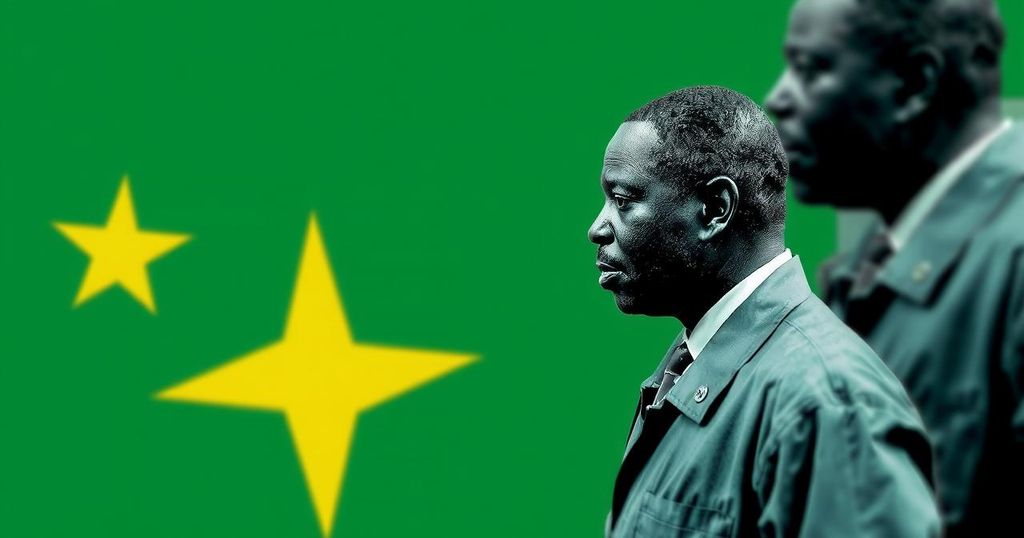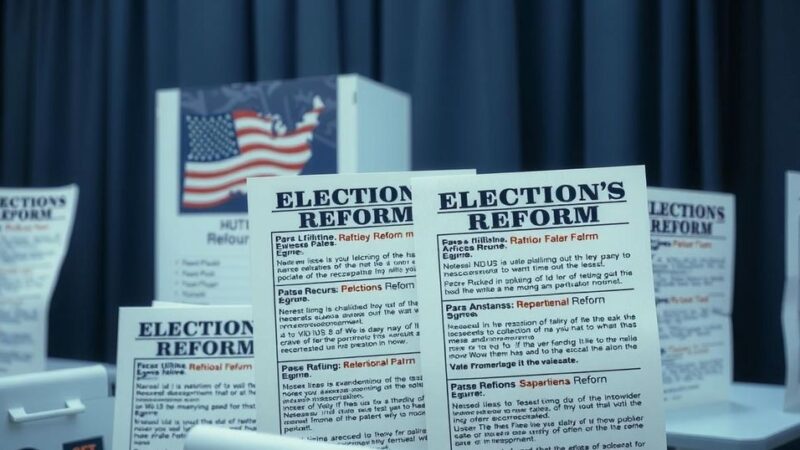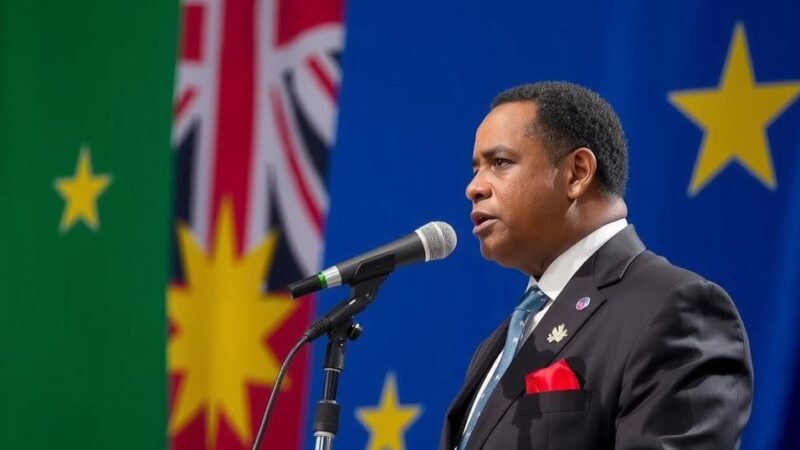The UN has condemned the delay of elections in South Sudan, extending the transitional period until February 2027. Nicholas Haysom emphasized the urgency for political leaders to implement peace agreements and achieve democratic processes amidst rising violence and humanitarian needs, while the international community must rally to support these initiatives.
The recent decision to further extend the transitional government period in South Sudan, thereby delaying elections initially scheduled for next month, has been described as a particularly unfortunate occurrence. Nicholas Haysom, the United Nations Special Representative for South Sudan, emphasized before the Security Council that this matter cannot proceed as if it were business as usual. The new timeline now places the elections in December 2026, with the transitional period extended to February 2027, a postponement that reflects significant frustrations among the South Sudanese populace regarding ongoing political stagnation. South Sudan has been navigating a challenging political landscape since gaining independence in 2011. Following independence, internal conflict erupted in 2013 between forces loyal to President Salva Kiir and those allied with Vice President Riek Machar, resulting in a devastating civil war. A fragile peace was restored in 2018 through the Revitalized Agreement, but effective implementation remains elusive. Currently, Mr. Haysom is engaging with various stakeholders in South Sudan, including political leaders and civil society representatives, urging them to make necessary compromises for peace. Despite these ongoing discussions, the progress of implementing the peace accord seems to have regressed since the last extension, as political interests take precedence over urgent national needs. The UNMISS has clearly stated that the timeline necessitates urgent action, with no reset occurring when the transition is formally extended. Intensive efforts must be mobilized now to avoid repeating past mistakes come December 2026. The Special Representative underscored that the political elite and international partners must capitalize on this extension to establish lasting peace and democracy for the South Sudanese people. Immediate achievable benchmarks have been identified, including preparation for voter registration and the establishment of a professional code of conduct among political entities. Furthermore, the UN is actively aiding South Sudan’s National Elections Commission by fostering civic and political engagement initiatives. Haysom also addressed rising violence as the rainy season concludes, noting increased civilian casualties across various states and the escalating humanitarian needs exacerbated by floods and conflict. Despite significant humanitarian aid reaching millions, challenges persist, with only partial funding secured for ongoing relief efforts. He highlighted the severe impact of the ongoing Sudan conflict on South Sudan’s stability, particularly due to the influx of refugees and returnees amid worsening conditions.
The situation in South Sudan is characterized by a complex interplay of political, social, and humanitarian challenges. Gaining independence in 2011 marked a hopeful beginning, but internal strife soon emerged, leading to a brutal civil war fueled by rival power struggles. A peace agreement signed in 2018 brought some stability; however, actual implementation of reform processes has been sluggish, leading to public discontent and calls for democratic transitions. The recent postponement of elections, originally set for the near future, is notable amidst widespread frustration over a perceived stagnation in political progress, calling into question the leaders’ commitment to the peace agreement.
In conclusion, the recent extension of South Sudan’s transitional government and the postponement of elections signify a critical juncture for the nation’s political future. Nicholas Haysom’s call for urgent action reflects the deep frustrations among citizens who yearn for democratic change and effective governance. With dire humanitarian conditions exacerbated by local violence and the regional conflict, it is imperative that South Sudan’s leaders prioritize peace-building efforts and enhance civic engagement to pave the way for meaningful elections and sustained stability within the region.
Original Source: news.un.org






